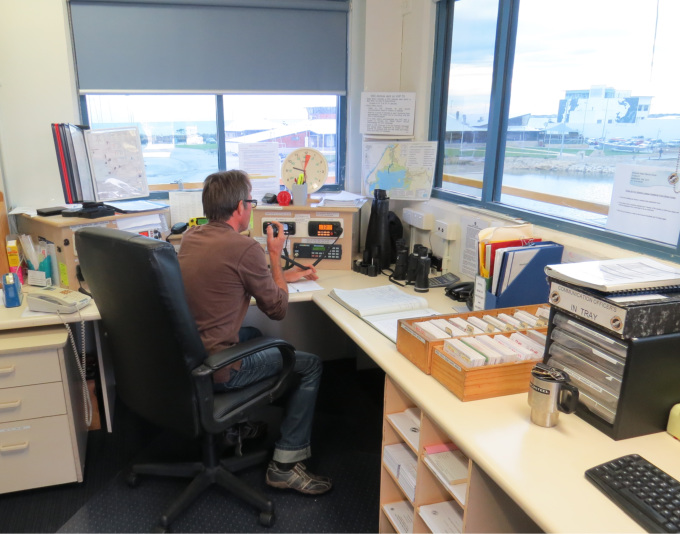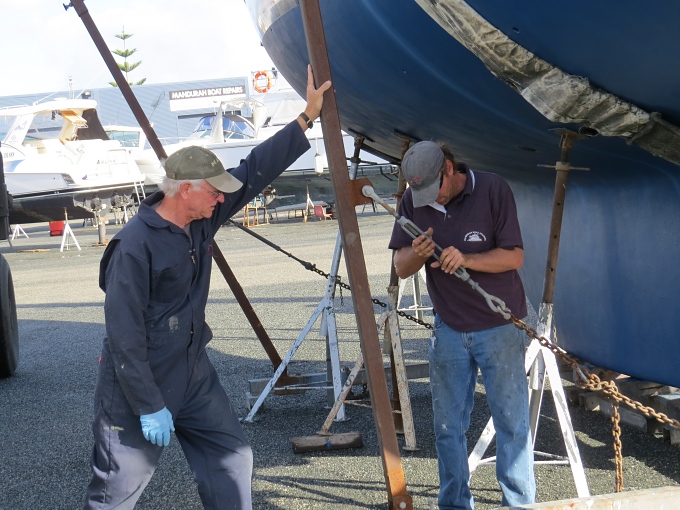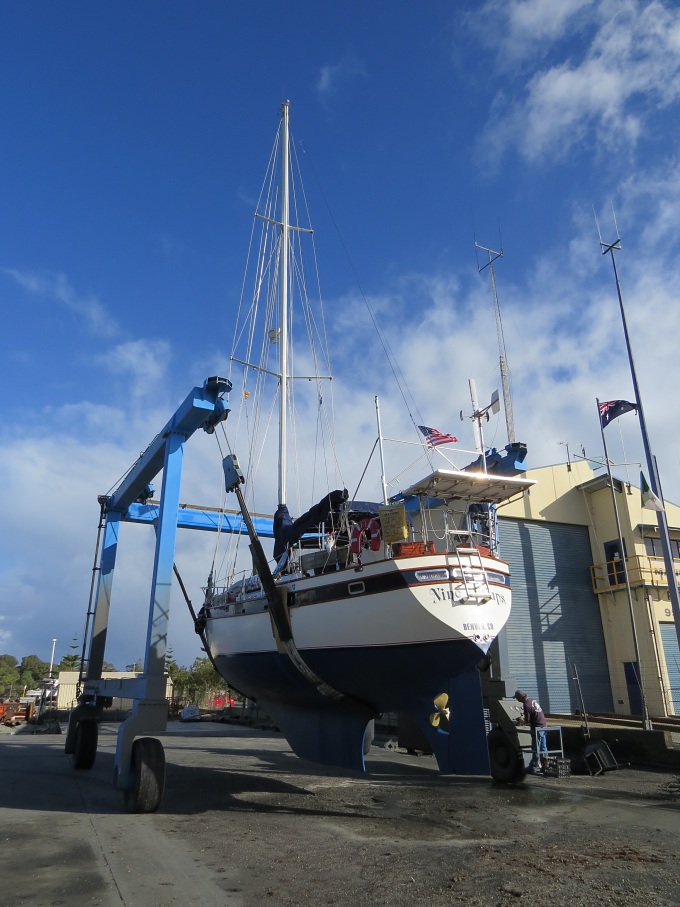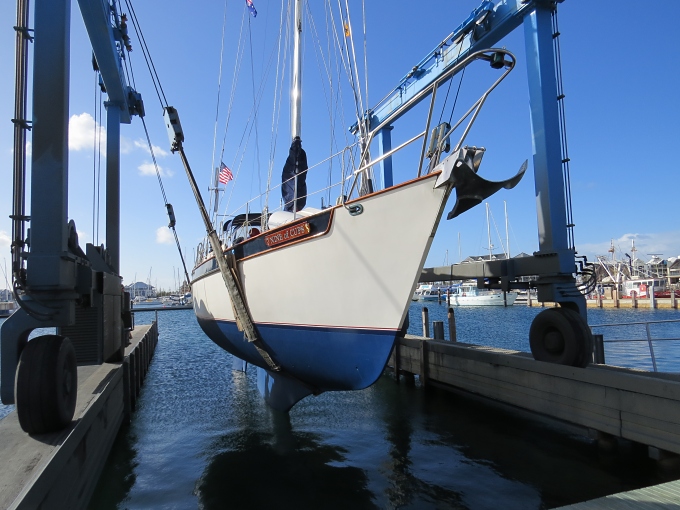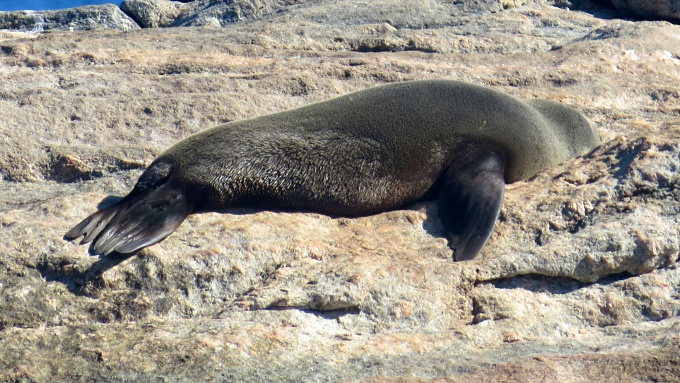Mandurah Volunteer Marine Rescue Service
/On average, I probably find it necessary to walk over to the local chandlery about 1.5 times a day. It's about 10 minutes each way, and the route takes me right past the Mandurah Volunteer Rescue Service. I had watched them tow a disabled motor yacht into the marina a week or so ago, and on one of my trips to the chandlery, I thought I would stop in and find out more about what they do.
The Mandurah Volunteer Marine Rescue Group, or Mandurah VMRS for short, is one of 39 groups of volunteers along the 8100 mile (13,000km) coast of Western Australia from Esperance in the southeast to Kununurra in the northwest. Together, they provide 24 hour radio coverage along the entire WA coast. They work closely with the WA Police (WAPOL) in providing search and rescue missions at sea. The group does everything from searching for and assisting vessels and people in peril, to assisting vessels that are out of fuel or have run aground.
The U.S. used to have a similar service covering most of the U.S. coastal waters, by the way. The American Life Saving Service was started in the 1800's, primarily to assist mariners in danger. While funding for the stations and equipment was provided by the government, most of the men manning the stations were volunteers. Eventually the number of stations grew to almost 300, and in 1915, they were combined and reorganized into the U.S. Coast Guard.
The Mandurah VMRS has over 80 members, none of whom are paid. At any time, day or night, someone is on duty to man the radio and a boat crew is constantly on call. I spoke at length with Kevin who was on duty the day I stopped in, and between his radio calls he gave me quite a bit of information.
The various VMRS groups work together under the WA Department of Fire and Emergency Services (DFES). Each group raises money to fund its own operations, and the DFES matches each dollar raised by the group. In our travels around Australia, we would frequently hear vessels calling into the local VMR station using radio call signs rather than boat names. One of the ways each VMR raises money is by issuing a call sign for local vessels which has an annual fee of $25. The rescue and assistance services are provided free of charge, although a donation is requested.
The Mandurah VMRS has a large seagoing vessel for offshore needs which is berthed at the jetty a few feet from the building. They also have a shallow draft catamaran for use on the extensive inland waterways here. It is kept inside the building, but can be launched in minutes. It usually takes less than 15 minutes to get the rescue boat underway once an emergency call is received. Not bad considering the crew is on call and each member has to travel from home or wherever to the boat once they are paged.
Vessels heading out are requested to log in with the VMRS and leave a basic float plan – where they're headed and what time they expect to return. If a boat doesn't return on schedule, the VMRS will try to establish radio contact to see whether there is a problem. If there is no response, the water police are notified. They try calling the vessel's contact numbers to find out whether the captain or crew has returned but, forgotten to log in. If after an hour there is still no information, the VMRS vessel is sent out to look for the overdue boat.
We haven't, thankfully, needed assistance for Nine of Cups from any of the VMRS groups .There have been a few times, however, when we needed local knowledge. Sometimes sandbars shift or channels silt up. Sometimes a channel is deeper on one side than the other or range markers are no longer accurate. It was always good to know the local VMRS was there to provide advice and information.
The radio operator told me there were often training sessions on Saturday and/or Sunday mornings, and the crew usually took the boat out. If I was interested, I would be welcome to join the crew as an observer. This sounded like a great idea to me, and I left my card and cell number in the hopes someone could give me a call the next time training maneuvers were scheduled.
The next evening, I got a call from the VMRS letting me know that while there wouldn't be a training session this weekend, something even better was scheduled. The VMRS vessel would be taking several seabirds out to sea to be released. The birds had been rescued and rehabilitated by the local WA Seabird Rescue group. Would I be interested in going along? Uh gosh – let me check my schedule...
To be continued...



